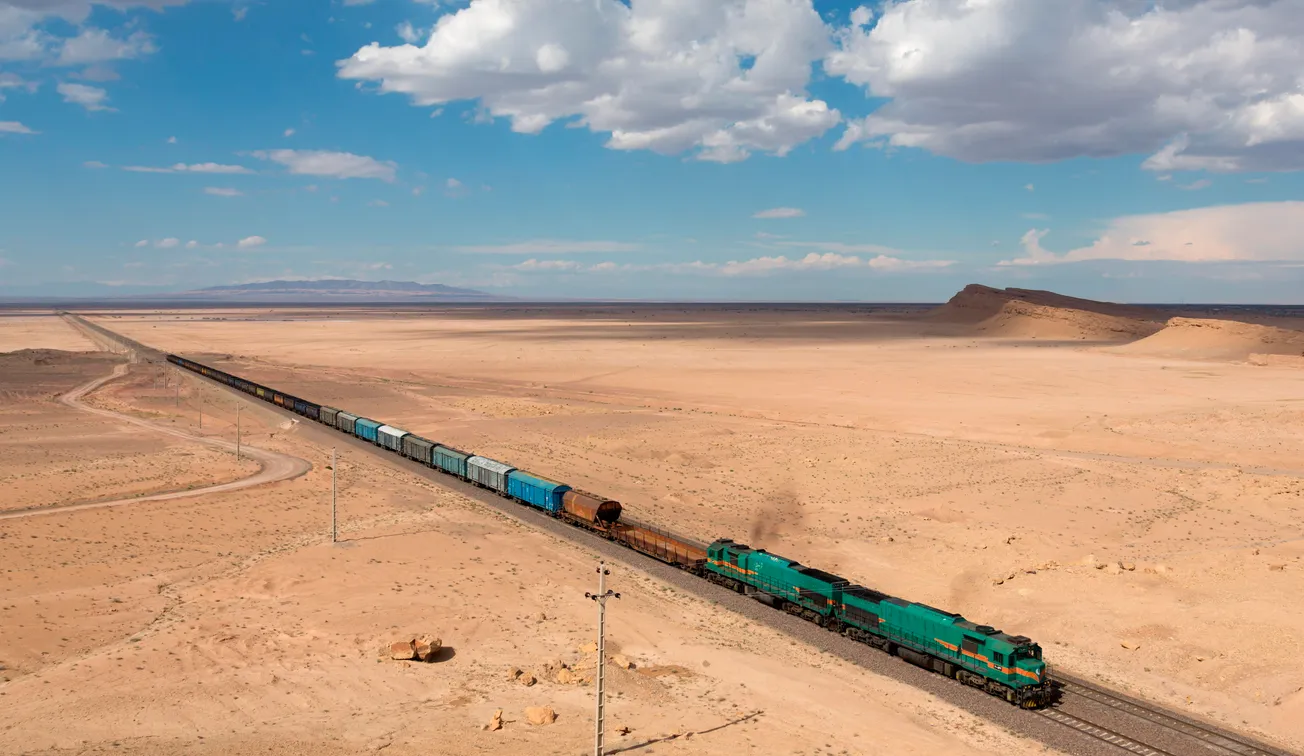On Tuesday Nov. 24, André de Ruyter, CEO of South Africa’s state-owned power producer Eskom, said that company thinking “had [now] evolved to encourage renewable capacity rather than resisting it,” according to a report published in Engineering News. Speaking at webinar titled Future of Eskom, organized by financial services provider PSG, de Ruyter continued that not only will the company not engage in any new production from coal, but that it now plans to decommission between 8,000 and 12,000 megawatts of coal capacity over the coming 10 years. The decision to disengage from coal comes in the wake of the October announcement by Korea Electric Power Company (KEPCO) that it would retreat from Eskom’s proposed 650-MW Thabametsi coal station, currently the company’s only major new plant under consideration. This move by KEPCO comes after BlackRock and other major investment companies threatened disinvestment if it did not cancel its coal-fired energy projects. Similar projects were cancelled in Vietnam and Indonesia — all victims of the genocidal “Reset” of the Green Finance operations.
In de Ruyter’s eyes the decision is “economics”: Coal (and nuclear) are simply too expensive, and any self-respecting CEO would come to the same conclusion. De Ruyter came to Eskom only in January, having spent the previous five years managing Nampak, a packaging company, with no experience managing a national utility dedicated to the public good. While the choice of de Ruyter was likely made for his “management ability” — Eskom has a huge debt load — his “by the numbers” endorsement of renewables may kill the company and many South Africans.
South Africa is already routinely plagued by “loadshedding” rolling blackouts — resulting from under-maintained and otherwise poorly performing equipment — and it is among the best on the continent. The decision to forgo new, large-capacity power production plants — the size of planned solar and wind installations — amounting to mere thousands of megawatts, compared with the 11,500-MW capacity increase the Energy Ministry says is required — virtually ensures that the country will not only continue to suffer, but that the suffering will expand, putting thousands of lives at risk.




